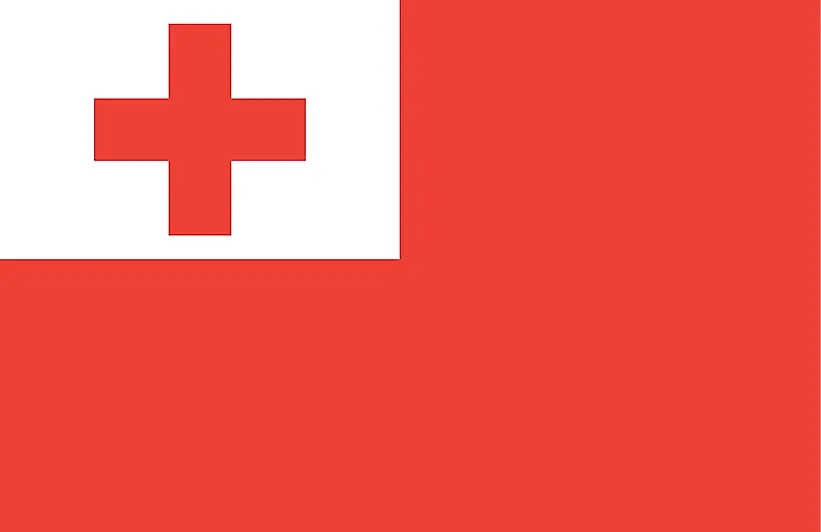
Tonga
| Continent | Oceania |
| Capital | Nuku’alofa |
| Population | 106,513 |
| GDP | $557.00 Million |
| GDP per Capita | $5,300 |
| Dialing Code | +676 |
| ISO Code (2-letter) | TO |
| ISO Code (3-letter) | TON |
Tonga Landscapes






About Tonga
Welcome to Tonga, a nation of ancient Polynesian heritage and maritime beauty. With approximately 105,000 people across 748 square kilometers of 169 islands (36 inhabited), Tonga combines royal tradition with island culture, standing as the Pacific’s only remaining kingdom.
Geographic Features and Natural Beauty
Tonga’s geography encompasses scattered islands spread across vast ocean expanses. The country features volcanic islands, coral atolls, and pristine beaches, divided into four main island groups: Tongatapu, Ha’apai, Vava’u, and Niuas.
The landscape includes limestone cliffs, tropical forests, and extensive coral reefs. The country’s varied marine environment creates diverse ecosystems supporting unique sea life including humpback whales and tropical fish.
Protected areas include marine reserves and the Eua National Park. The country’s commitment to conservation focuses on preserving its marine biodiversity while managing climate change impacts.
Cultural Heritage and Traditions
Tongan culture represents one of the oldest and most traditional Polynesian societies. The country’s heritage includes the ancient Tongan monarchy, distinctive ceremonies, and rich cultural practices.
Traditional arts include tapa cloth making, wood carving, and traditional dance forms like lakalaka (UNESCO Intangible Cultural Heritage). Cultural practices feature kava ceremonies, traditional feasts, and the importance of family bonds.
Tongan cuisine reflects its Pacific heritage, featuring dishes like ‘ota ‘ika (raw fish), lu (taro leaves with coconut cream), and various root crops. The tradition of respect for hierarchy and community sharing remains central to social life.
Historical Journey
Tonga’s history spans over 3,000 years of Polynesian heritage. The country holds the distinction of never being fully colonized by European powers.
Significant periods include the Tu’i Tonga Empire, the arrival of European explorers (including Captain Cook who named Tonga the “Friendly Islands”), and the establishment of the modern constitutional monarchy in 1875.
Modern Economic Landscape
Today’s Tongan economy focuses on agriculture, fishing, and remittances from overseas workers. The country is developing its tourism potential and digital connectivity.
Recent initiatives emphasize sustainable development, climate resilience, and renewable energy adoption. Tonga’s strategic location and cultural preservation support its tourism development.
International Relations and Global Position
Tonga maintains active participation in Pacific regional organizations while fostering global partnerships. The country’s cultural heritage and environmental advocacy extend its diplomatic influence.
Did You Know?
• Tonga was never fully colonized by European powers?
• The country lies along the “Ring of Fire” and has active underwater volcanoes?
• Tongan society maintains a unique social hierarchy system?
• The country was the first Pacific nation to establish a constitutional monarchy?
Conclusion
Tonga represents a unique combination of ancient tradition and island resilience. From its volcanic peaks to its coral reefs, from its royal ceremonies to its community traditions, Tonga continues to evolve while preserving its cultural heritage. As it addresses challenges including climate change and economic development, Tonga remains committed to progress while maintaining its position as a guardian of Polynesian culture and tradition.